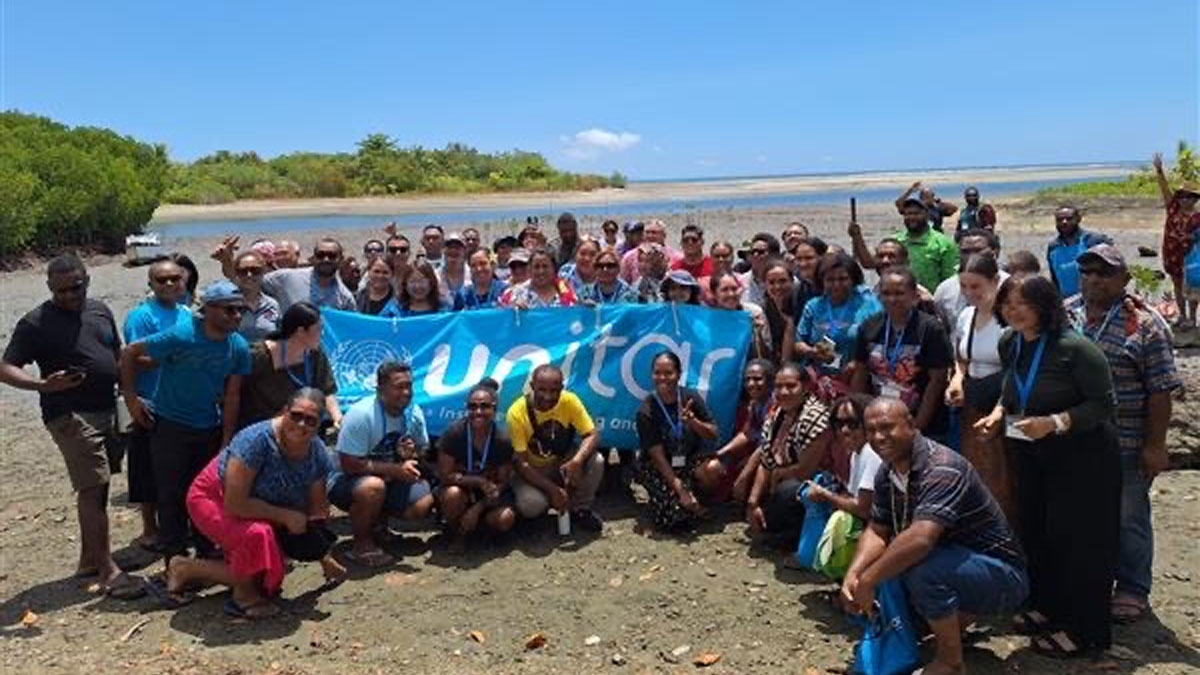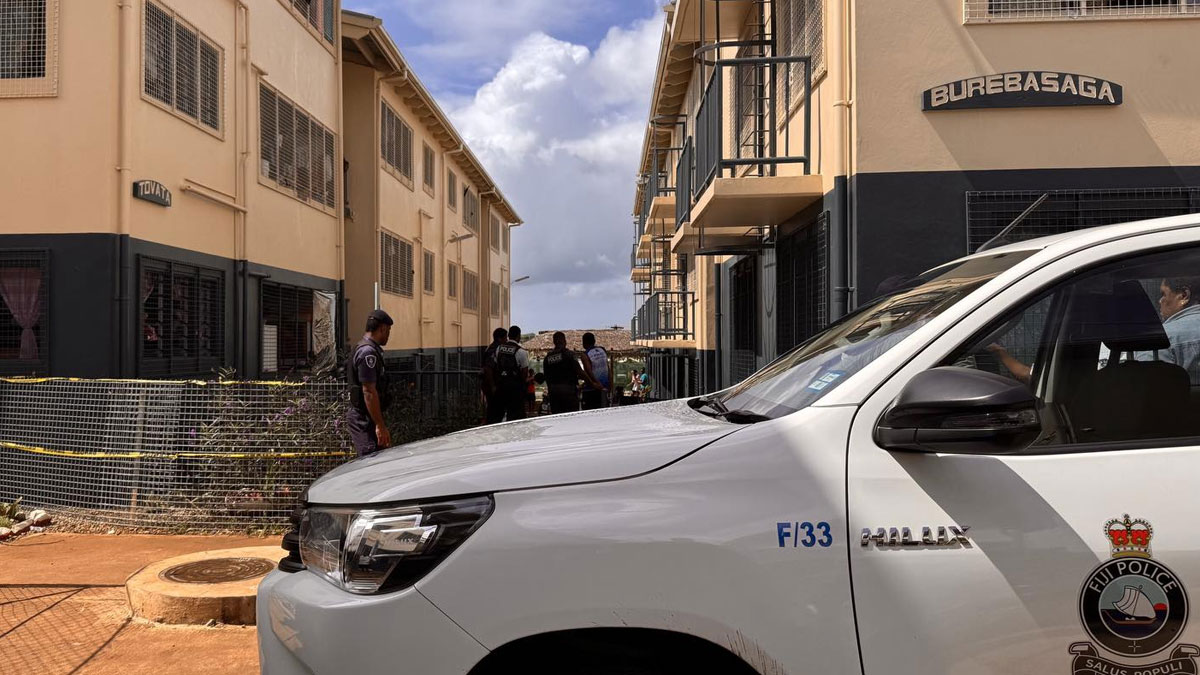
70 participants from across 8 Pacific small island countries ventured to Yako Village in Nadi as part of the United Nations Institute for Training and Research (UNITAR) training programme, and the participants also contributed to the government’s tree-planting initiative.
Yako Village Headman Waisake Ratoto says the objective is to help mitigate the consequences of climate change.
He says that is why they are there to conduct mangrove planting exercises.
Ratoto says with the onset of rising sea levels, this activity can help them decide their action for the next phase of the climate change.
The Village Headman also explained the village's historical background, particularly highlighting the action-oriented cooperation among villagers in combating climate change and natural disasters, and expressed his appreciation for the collaboration with UNITAR.
Abarama Qio, an official from the Department of Forestry, delivered a brief presentation on the vital role of mangroves in supporting coastal livelihoods and shared good practices from the village.
He also introduced the government’s initiative to plant 30 million trees, including mangroves, over 15 years, and afterwards, he demonstrated mangrove planting before distributing seedlings for participants to plant under the close supervision and guidance of village officials.
The study tour in Yako Village offered participants a unique firsthand experience, not only deepening their understanding of mangroves' crucial role in mitigating climate-related hazards and maintaining the ecological balance but also demonstrating the potential of collaborative community action in preserving these ecosystems and enhancing sea and human security for all.
The UNITAR’s regional workshop of the Leaders for a Free and Open Indo-Pacific: Sea and Human Security training programme is taking place in Nadi, Fiji, from the 1st to the 10th of this month.
Stay tuned for the latest news on our radio stations

